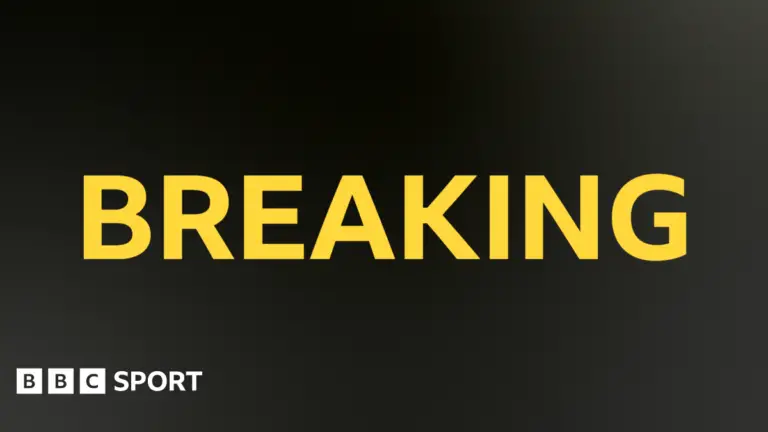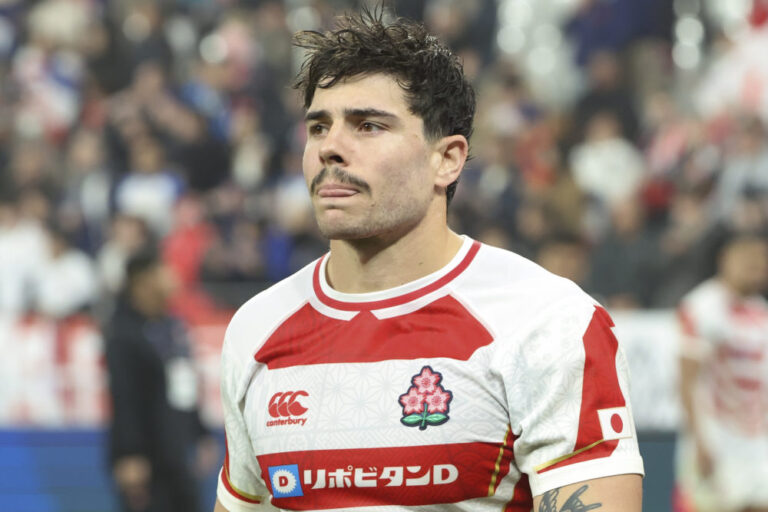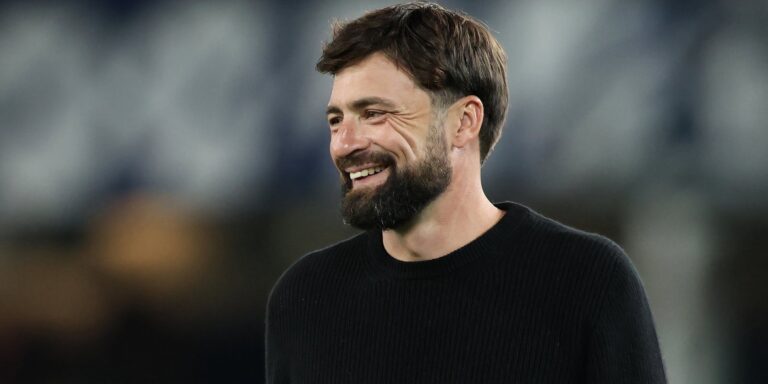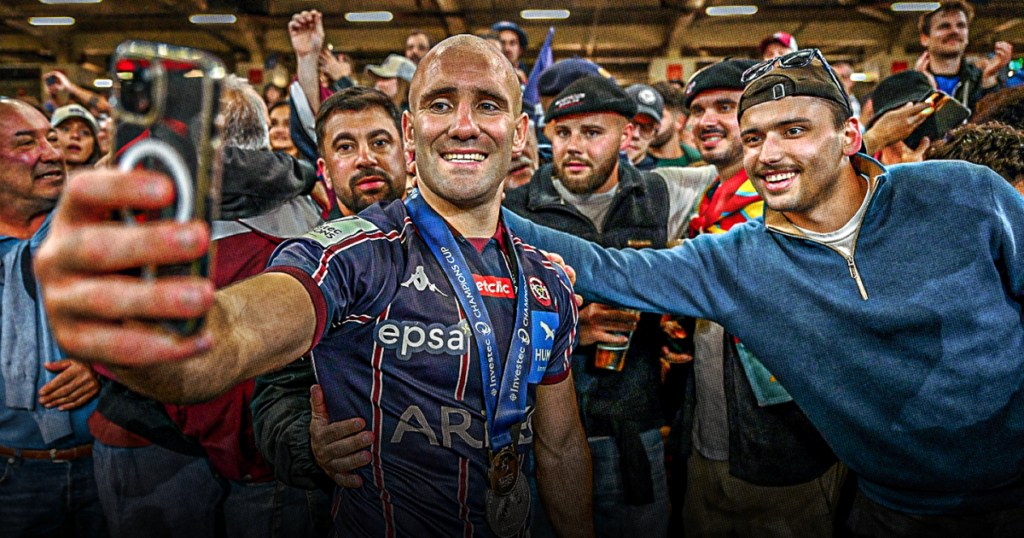
Which came first, the chicken or the egg? Observers of French rugby may be asking that very question right now, after Union Bordeaux-Bègles’ dramatic 28-20 victory over Northampton Saints in the Champions Cup final. Have UBB created a new momentum in French rugby, or was their Champions Cup victory a spin-off of Six Nations success?
It is axiomatic in modern systems thinking that every improvement in a system changes the system itself. Larger outcomes are always emerging from the interaction of the smaller, often invisible parts within it. They can cascade throughout the whole structure and produce dramatic change. ‘Emergence’ is the term used to describe the process.

UBB are that novelty in terms of the league in which they participate. Compared to other competitions around the globe, the Top 14 is dominated by raw power and ferocious physicality. It features massive units in the tight forwards, with more frequent interchanges off the bench [12 rather than the usual eight] allowing those leviathans regular breathers. Ball-in-play time is typically anywhere between two and five minutes less than it is in Super Rugby, the URC and the Gallagher Premiership.
UBB have emerged from that system but they are more of an outlier than fully representative of it. They are big, but nowhere near as huge in the forwards as the two French clubs who have dominated the Champions Cup in recent seasons, Stade Toulousain and La Rochelle. Most of the forwards in Bordeaux are built for work-rate, intensity and mobility rather than set-piece power.
Toulouse may have been the standard-bearers of the national flag in the Antoine Dupont era, but if there is one club in the Top 14 which resembles more closely than any other right now, it is the claret and white of UBB. A selection of comparative stats between club [Champions Cup rounds one-seven] and country [Six Nations 2025] reveals a definite similarity in the styles of play.

The French revolution which occurred in round three of the Six Nations sent no fewer than five Toulousain forwards to a new 7-1 bench, with all-rounders such as Jean-Baptiste Gros and Mickael Guillard preferred to Cyrille Baille and Emmanuel Meafou in the starting line-up.
Neither club nor country were unduly worried by a sub-50% share of possession, nor did they emphasise ruck-setting as a method of building pressure on their opponents. Far from it: both teams were at the very bottom of the pool for rucks set, and kicked long and often.
When they scored, they both scored quickly within four phases of possession or less, highlighting the offload to create momentum on rapid-fire attacks from turnover ball. Both ramped up the pressure after half-time and in the fourth quarter in particular, engaging overdrive in the second period of the match.
While Toulouse has been the mainstay of the national side for as long as anyone can remember, UBB has been influencing the national style more of late – and especially after Bordeaux halfback Maxime Lucu replaced rouge et noir Dupont in only the 28th minute of the Six Nations game against Ireland. It was a symbolic moment which showed France it can win the crunch games without its talisman.
That climactic match was preceded by a fascinating exchange on the RTE podcast between ex-Leinster hooker Bernard Jackman and current UBB attack co-ordinator Noel McNamara in the build-up. It focused on the club-country cohesion in France and the evolution of playing style at national level:
“When they ma
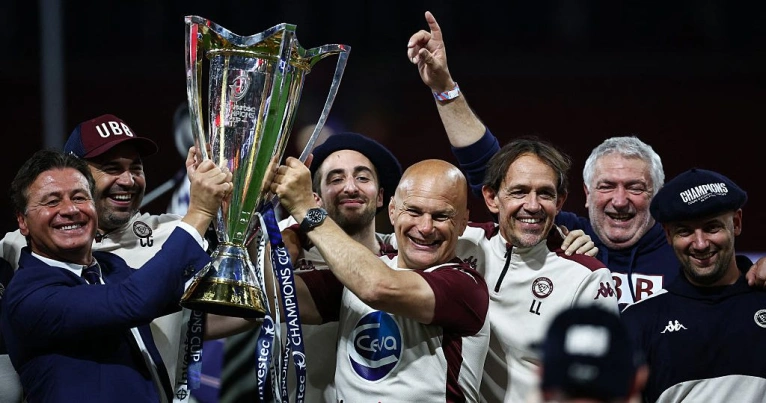
de the decision around the JIFFs [Joueurs Issus des Filières de Formation], that ruling created an environment where you are incentivised to play [young] French-qualified players. They are reaping the benefit from it, and the impact can often be felt many years later. There is a structure now.” [NM]
“The French national side were disgraceful as [a representative of] the sum of the parts in the club game, but that home World Cup in 2023 allowed clubs to sign up to an agreement around JIFF, and it made French players more valuable.” [BJ]
“This is considered a ‘golden generation’. They have won numerous under-20 World Cups, they have a great depth of talent coming through, and they have an unprecedented level of support from the clubs.
“During the fallow weeks of the Six Nations they can protect 19 players and there is a training squad of 42. This is the most support that has ever been given [by the clubs] to the national team.
“The agreement was signed before the 2023 World Cup but they have managed to keep it in place. Club presidents have not looked for a land-grab, to take some of that power back. That hasn’t happened.” [NM]
The conversation turned to the importance of the kicking game, and attacking opportunities garnered from it.
“France with Dupont, Ramos and Ntamack [at the back], they kick very well and they kick very long. Against that three in particular, it is very difficult to win the territory battle against them.” [NM]
“When Shaun Edwards first came in [as France defence coach], he said ‘I’m not coming unless you get a kicking coach’, and their policy has been really consistent – it’s ‘long and on’ [long and infeld].
“Ireland’s own kicking game will risk that France look up at some stage and say, ‘it’s on’ and they counter-attack, and they have the people to beat the first defender. Then it’s ‘jouer’!” [BJ]
“France also changed when ‘Dupont’s Law’ was outlawed. Dupont had been protecting the tight five by staying upfield on long kicks, now they have gone to the 7-1 [bench split]. It’s all about trying to protect their tight five… The biggest difference [compared to Ireland] is France’s ability to play in transition, in the unstructured part of the game – turnover, counter-attacking. When they are in behind you, they are ruthless.” [NM]
“The backbone of UBB and Toulouse has given a clarity around ‘having a go’ in these situations. The positive attitude has transferred from these two teams and it looks a lot more seamless than it has at times in the past. There are a lot of players who now know how and when to attack those situations. The whole Bordeaux-Toulouse axis is helping France at the moment.” [BJ]
While the king has not yet abdicated, there is an abiding sense of a subtle shift away from red and black and towards claret and white, and it is epitomised by the way in which France were able to seamlessly replace ‘the best player in the world’ from Toulouse with a Bordelais, without losing significant traction. In terms of tactical balance, they may have gained more than they lost. UBB’s emergence has changed the structural landscape of French rugby.
Maxime Lucu was crowned ‘homme du match’ after the final in Cardiff, and it was as much a tribute to the regeneration of his game in his early thirties as it was a reward for his performance on the day. When Lucu first entered the national jousts with Dupont away on sabbatical for the Olympic sevens, he was frequently caught in two minds, taking steps away from the base of the ruck and cutting down the space of the men outside him.
The French system designed for Dupont, with a block of six forwards in and around the scrum-half, never suited the UBB man. Back on familiar territory with Bordeaux in the Champions Cup final, Lucu was able to showcase his improvement.
In both instances, the scrum-half keeps the defence guessing by setting up to pass to the left before switching to the opposite side of the field. The Saints defence is on the back foot and forced react to Lucu, unable to predict his movements and tee off on the receiver.
If there was one essential difference between the two finalists at the Principality Stadium, it was to be found in the quality of the kicking, and kick return games. Northampton lost two of their starting back three [James Ramm and George Furbank] within the first five minutes, and their chances of countering the UBB long kicking game effectively departed with them.
Lucu only had one negative outcome among the 12 kicks he launched, and he was able to out-kick the Saints backfield with his extraordinary length off the right boot.
In the first clip UBB are rewarded with an excellent attacking lineout position, in the second with a promising return opportunity for one of their most lethal attackers, Louis Bielle-Biarrey.
One of the problems for the defence is that Lucu is genuinely two-footed, just like Dupont. He can kick as well off his left foot as he can off his right.
Lucu’s left foot facility opens up both sides of the field and spreads the defensive backfield to both corners. The second example is a win-win situation: if the ball goes out over the side-line, Saints have a defensive lineout in their own third; if it stays in, the fastest man on the field [Bielle-Biarrey] will be in hot pursuit.
While Toulouse have been the primary bulwark supporting the French national team ever since 2019 and over the last full World Cup cycle, it is the emergence of UBB which is reshaping the system across the Channel right now.
The mid-tournament selection changes at the Six Nations, when a majority of four UBB backs started and five Toulousain forwards finished off the bench, changed the expectation of what Les Bleus could achieve without the great Dupont available.
There were no back-stops or emergency fill-ins with Lucu as le petit general. There was a rich harvest of eight tries and 72 points scored over the one and a half games with the Bordelais as the main man at nine. As good as ‘the best player in the world’ may be as an individual, the system may just have changed for the better.
